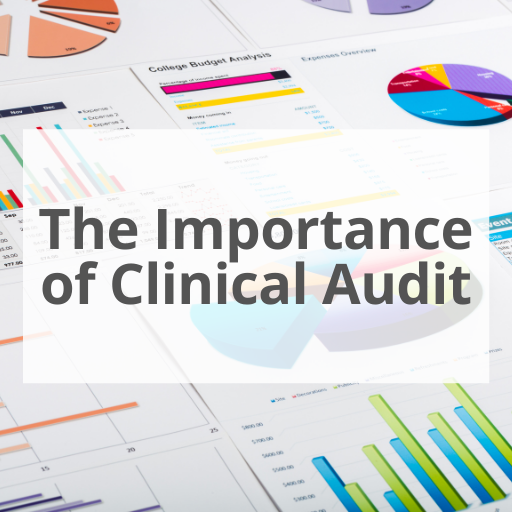27th Nov 2020
The Importance of Clinical Audit

Clinical audit and quality assurance are an important part of any healthcare organisation.
Behind the scenes, Care in Mind is very much like a well-run machine with various vital components to keep things running smoothly. One component of our organisation that helps us to remain high-quality, compliant, and reflective is our Quality Assurance Department.
The White Paper “Working for Patients” introduced the audit of clinical care initiative in 1989. The purpose of the initiative was to improve the quality of patient care and to ensure best practice is being undertaken. Whilst this process originated within the NHS, it is now embedded across many healthcare organisations, including Care in Mind. Additionally, our auditing process does differ from that of the NHS as we have a unique model of care.
The auditing undertaken within Care in Mind is used to measure performance across all areas of the business:
Residential audits
- Medication and physical health equipment audits are completed by the CQC champion of each home.
- Health and safety audits are completed by the health and safety champion in each house.
- File audits are completed, which review areas such as, care plans, risk management plans, daily notes, and incident reports.
- We also have a Service user involvement audit completed by the service user involvement champion for each home.
Other areas we audit
- Medication management
- External communications
- Risk assessment and management
- Quality audits set against the model of care
- Annual young person feedback survey
Why is auditing so helpful?
- Clinical audit provides the framework to improve the quality of patient care in a collaborative and systematic way.
- Through Audit we can identify emerging trends, which enables us to identify risks and implement actions before it becomes a bigger issue.
- Auditing allows us to identify which services are performing well and promote good practice, which improves the quality of the services and outcomes to users and similarly to identify where services require improvement.
- During the pandemic, auditing has played an important part in protecting the physical health of our young people and residential staff.
- Additionally, audits can help shed light on how young people cope with external factors (such as a pandemic). This allows us to be better prepared going forward and provide the best care.
To ensure we learn from audits they are reviewed across the organisation through our Audit Committee and Governance processes. Data is scrutinised to ensure we gain all that we can from it and move forward making the necessary changes to support best practice.

